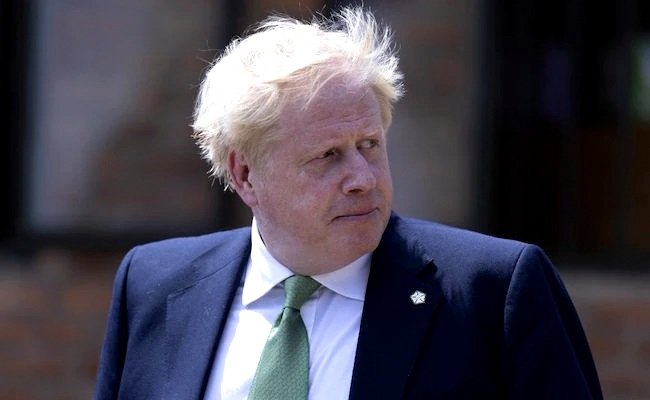Could a ‘youthquake’ cause Boris Johnson to lose the general election? : Youth engagement in politics has the potential to shape the outcome of elections, as demonstrated by various historic events. With a surge of political activism among young people in recent years, the concept of a ‘youthquake’ has emerged—a phenomenon where young voters significantly impact electoral results. In this article, we explore the possibility of a ‘youthquake’ influencing the general election and potentially posing a challenge to British Prime Minister Boris Johnson’s electoral prospects.
Could a ‘youthquake’ cause Boris Johnson to lose the general election?

Could a ‘youthquake’ cause Boris Johnson to lose the general election?
Understanding the ‘Youthquake’:
The term ‘youthquake’ gained prominence in the wake of the 2017 UK general election, when a significant increase in voter turnout among young people was observed. This surge in political engagement among the youth was attributed to a range of factors, including issues such as Brexit, climate change, and social justice. Since then, politicians and analysts have recognized the potential influence that young voters can have on election outcomes.
Youthful Dissatisfaction with Boris Johnson:
Boris Johnson’s tenure as Prime Minister has been marked by controversies, policy decisions, and divisive rhetoric that have drawn criticism from various quarters, including young voters. His handling of Brexit, perceived inaction on climate change, and social issues have left many young people dissatisfied with his leadership. These concerns, coupled with growing political awareness and activism among the youth, may contribute to a potential ‘youthquake’ in the next general election.
The Power of Youth Votes:
The impact of young voters on election outcomes should not be underestimated. In the 2019 UK general election, young voters demonstrated their potential influence, with an estimated 64% of voters aged 18-24 supporting parties other than the Conservatives. With a historically low voter turnout among young people, a higher participation rate could tip the balance in favor of alternative candidates or parties, posing a challenge to Boris Johnson’s re-election bid.
Challenges and Opportunities:
While the potential for a ‘youthquake’ exists, its realization faces challenges. Historically, youth voter turnout has been lower compared to older age groups, often due to factors such as apathy, disillusionment, or practical barriers. Encouraging young people to vote and actively participate in the political process remains a crucial task. However, the increasing availability of online platforms, social media, and grassroots movements can help mobilize and amplify the voices of young voters, presenting an opportunity to channel their dissatisfaction into electoral change.
The Need for Political Engagement:
To harness the potential of a ‘youthquake,’ sustained efforts are required to engage young people in political discourse, provide platforms for their concerns, and address the issues that resonate with them. Political parties and candidates must demonstrate an understanding of the challenges facing young people and develop policies that reflect their aspirations and priorities. By effectively engaging with the youth demographic, political leaders can forge a connection that encourages participation and potentially influences the election outcome.
Conclusion:
A ‘youthquake’ has the potential to shape the outcome of a general election, as witnessed in previous elections and political movements. Boris Johnson’s re-election prospects could be influenced by the political engagement and voting behavior of young people, who have shown dissatisfaction with his policies and leadership. However, mobilizing and encouraging young voters to participate in large numbers remains a challenge. The key lies in recognizing the power of the youth demographic, addressing their concerns, and fostering an environment that encourages active participation in the political process. The future political landscape may well be shaped by the energy and voices of young voters, as they strive to make their mark on the democratic process.
